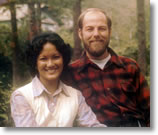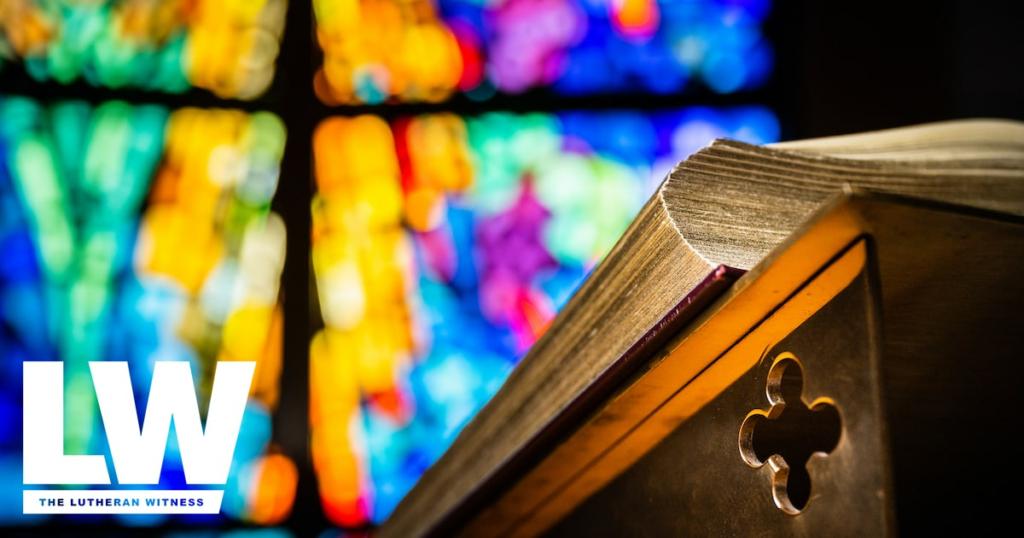by Dr. Robert D. Newton
Is it possible to be faithful in following Christ “into all the world” and still get lost? Ask seasoned missionaries, and if they’re honest, they will undoubtedly say, “Yes!”
 |
|
Priscilla and Bob Newton at home in the Philippines in the late 1970s |
I doubt that anyone would want to question our faithfulness as young missionaries as Priscilla and I ventured off to the Philippines in 1977. We had a little 2-year-old in tow, and Priscilla was seven months pregnant with our second child. We were willing to leave home and its comforts in order to live in a remote tribal area, all for the sake of proclaiming the Gospel. We were faithful, but we needed to gain wisdom. We needed to understand who we were in this strange new world, discerning the difference between being cultural insiders and cultural outsiders. Knowing who we were made all the difference in how we served our community faithfully with the Gospel.
As Christians, Priscilla and I grew up as cultural insiders in our small town of Napa, Calif. We lived in what might be called a “churched” culture. Here I am using the term churched in its sociological sense, not to be confused with the “Holy Christian Church,” as we confess in the Creed. The Holy Christian Church belongs solely to our Lord. As His creation, the Church remains, and her ministry succeeds through all time and contexts, even as Jesus promised, “I will build My Church, and the gates of hell shall not prevail against it” (Matt. 16:18 ESV).
The word Church is also often used to refer to certain social institutions that are of human arrangement. As such, they are subject to the times and contextual conditions in which they exist. They are born, flourish, and even die in a given location. Their influence in the society waxes and wanes over time.
Priscilla and I grew up in an America where the church as social institution was important to the community. I recall our little town of Napa closing all of its shops on Good Friday between the hours of 12 p.m. and 3 p.m. in honor of our Lord’s suffering. Whether or not the shop owners were devout Christians, it just seemed the right thing to do. The Christian church was important to the community, and as Christians, Priscilla and I enjoyed the positions of cultural or social insiders.
When we ventured off as missionaries to the mountain tribes in the Philippines, we suddenly found ourselves in very different positions, those of cultural outsiders. It took us awhile to come to grips with this radical shift. To use the map analogy I employed in my cover story in the January Lutheran Witness, we were trying to drive in a non-Christian world (where the Church didn’t exist) with a map of a world in which the Church was an important part of the society. Were we ever frustrated!
It wasn’t until we changed maps–applying cultural wisdom to our faithful desire to proclaim the Gospel–that outreach ministry began to make sense. The cultural wisdom in this case was distinguishing between being a cultural insider and a cultural outsider and the role each plays in the propagation of the Gospel. Exchanging our Insider’s map for an Outsider’s map made the landscape a lot clearer and following Jesus into the world a lot easier.
Accepting the prospect that we could get lost, even while faithfully following, proved beneficial as well. Not only having the correct map, but having the Holy Spirit help you read it, makes all the difference.
—
About the Author: Dr. Robert D. Newton is president of the LCMS California-Nevada-Hawaii District.





